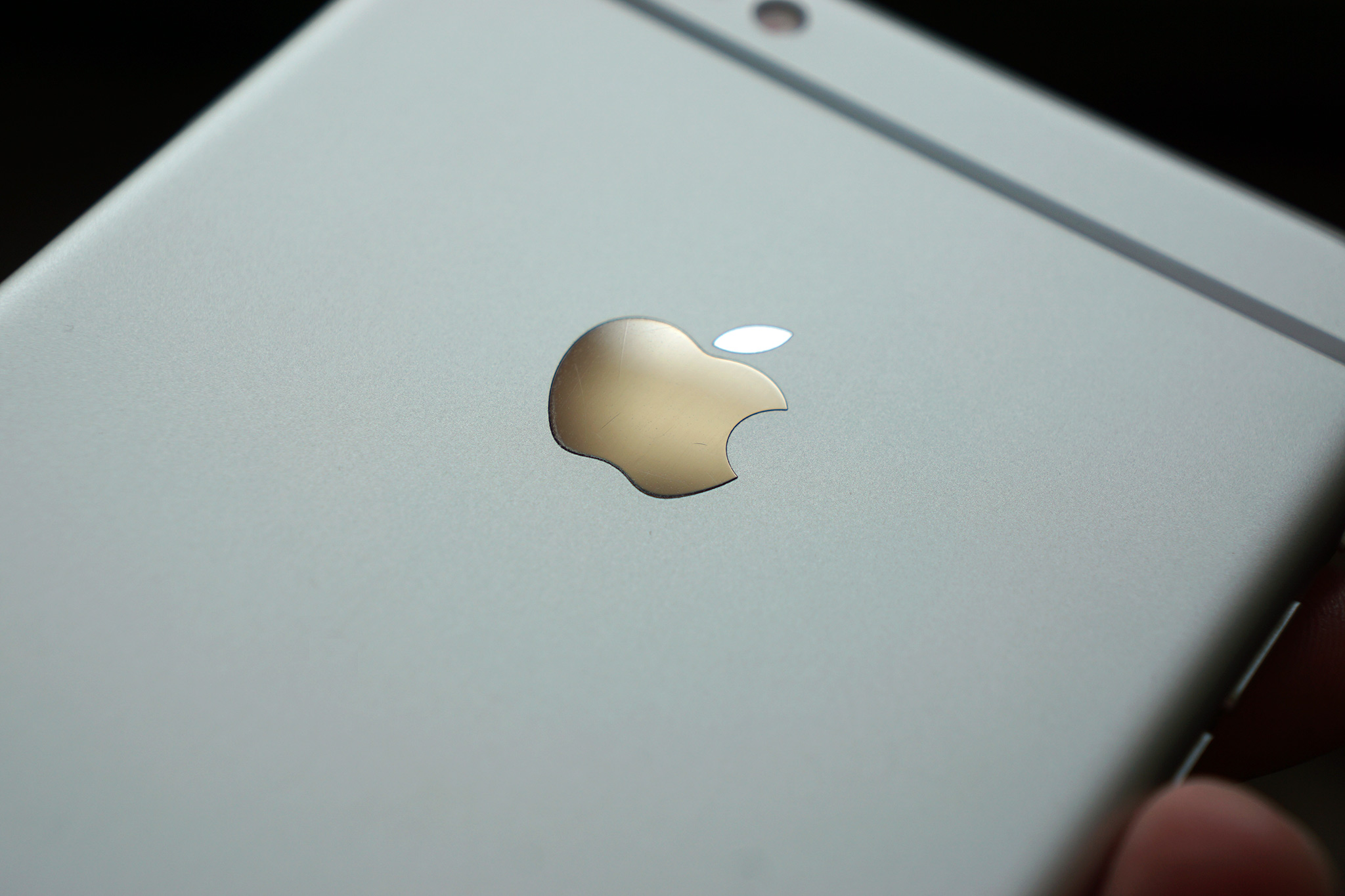Seven Apple suppliers are accused of using forced labor from Xinjiang, China

What you need to know
- No fewer than seven Apple suppliers have been accused of using forced labor.
- The suppliers are accused of operating little sort of a prison in Xinjiang, China.
Apple finds itself in the middle of another forced labor storm after no fewer than seven of its suppliers were accused of using forced labor in Xinjiang, China.
In a report by The Information, accusations include factories that resemble prisons including guard towers.
Advanced-Connectek has made unglamorous but critical computer components for Apple for more than a decade. For two of those years, it operated a factory inside an industrial park on the edge of the deserts of Xinjiang, a region of western China populated by a predominantly Muslim group known as Uyghurs. The industrial park is surrounded by walls and fences with only one way in or out.
This isn't the first time that particular supplier has been in the spotlight – photos taken in December 2018 included some troubling sights – including barbed-wire topped walls and the aforementioned guard towers.
Apple suppliers linked to suspected forced labor, Advanced-Connectek is the only one that operated a facility in Xinjiang. The plant was located about 15 miles from the ancient Silk Road city of Kashgar in a remote location, inside one of many low-slung buildings with distinctive blue roofs, which are highly visible on satellite photos. A fence surrounds the Artux Kunshan Industrial Park and the single entrance is guarded by a checkpoint. Next door is the Artux City Vocational Skills Education Training Service Center, which is surrounded by barbed-wire topped walls punctuated by guard towers, according to reporting and photos taken by the Associated Press in December 2018.
Apple, in a statement provided to The Information, was quick to say that it carries out assessments of its suppliers and that forced labor is one of the aspects investigated during those assessments.
In a statement for this article, Apple said that "looking for the presence of forced labor is part of every assessment we conduct in every country where we do business." It added that "despite the restrictions of Covid-19, we undertook further investigations and found no evidence of forced labor anywhere we operate. We will continue doing all we can to protect workers and ensure they are treated with dignity and respect."
The full report, while paywalled, is absolutely worth a read. It's also notable that many of the firms mentioned in the report also produce parts used by companies like Facebook, Google, and Microsoft.
iMore offers spot-on advice and guidance from our team of experts, with decades of Apple device experience to lean on. Learn more with iMore!

Oliver Haslam has written about Apple and the wider technology business for more than a decade with bylines on How-To Geek, PC Mag, iDownloadBlog, and many more. He has also been published in print for Macworld, including cover stories. At iMore, Oliver is involved in daily news coverage and, not being short of opinions, has been known to 'explain' those thoughts in more detail, too.
Having grown up using PCs and spending far too much money on graphics card and flashy RAM, Oliver switched to the Mac with a G5 iMac and hasn't looked back. Since then he's seen the growth of the smartphone world, backed by iPhone, and new product categories come and go. Current expertise includes iOS, macOS, streaming services, and pretty much anything that has a battery or plugs into a wall. Oliver also covers mobile gaming for iMore, with Apple Arcade a particular focus. He's been gaming since the Atari 2600 days and still struggles to comprehend the fact he can play console quality titles on his pocket computer.
